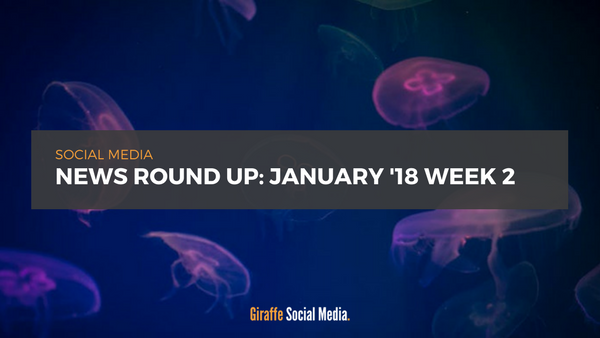In social media news this week, we say goodbye to Facebook’s M, Instagram creates an app that separates its direct messaging feature and Twitter updates its policies on transparency.
Goodbye Mr. M
Facebook is ditching its beta virtual assistant this week and moving the human staff who worked on it to other positions in the company. M, which first came to social existence in August 2015, was Facebook’s attempt at a personal assistant, but the bot never reached worldwide distribution. M, unlike assistants such as Amazon’s Alexa, mixed artificial intelligence with real human operators. Through the assistant, people could make dinner reservations or receive gift recommendations for friends or family. However, only around 2,000 people in California were fortunate enough to experience the A.I. and human worker hybrid.
Although it wasn’t rolled out officially and chatbots are considered a thing of the past, it was a project that Facebook regarded as a success. Facebook claimed it was an experiment and stated “We launched this project to learn what people needed and expected of an assistant, and we learned a lot”. This was Facebook’s early steps into artificial intelligence and is a venture that will definitely help them work A.I. into its social site more.
The service will be shut down on the 19th of January for good.
Instagram Goes Direct
Instagram has rolled out an app to limited countries that is similar to the concept of Facebook’s Messenger. With the success of its direct messaging feature, Instagram believes the tool will work much better as a stand-alone app called Direct. The app opens up to a camera, with the option to swipe left to edit your profile, right to view your messages and down to send a message. Direct will be easy to access through Instagram and vice versa, making messaging accessible but also a more tempting app that could offer new and improving features.
Twitter Transparency
Twitter has recently released a statement on its commitment to transparency. The company relayed its Country Withheld Content tool, which deals with legal requests to remove content and withhold profiles. Back in 2012, Twitter revealed it could selectively stop tweets from being seen in a particular country, but the same post could be viewed by others around the world. The social site has now updated its policies and can show why an account was withheld or why a was tweet blocked. For instance, a message shows whether the profile or tweet must be withheld because of a legal demand or a reason based on local law. This is an even bigger step into showing the public how Twitter handles legal matters and its willingness to tell its users what is going on.




